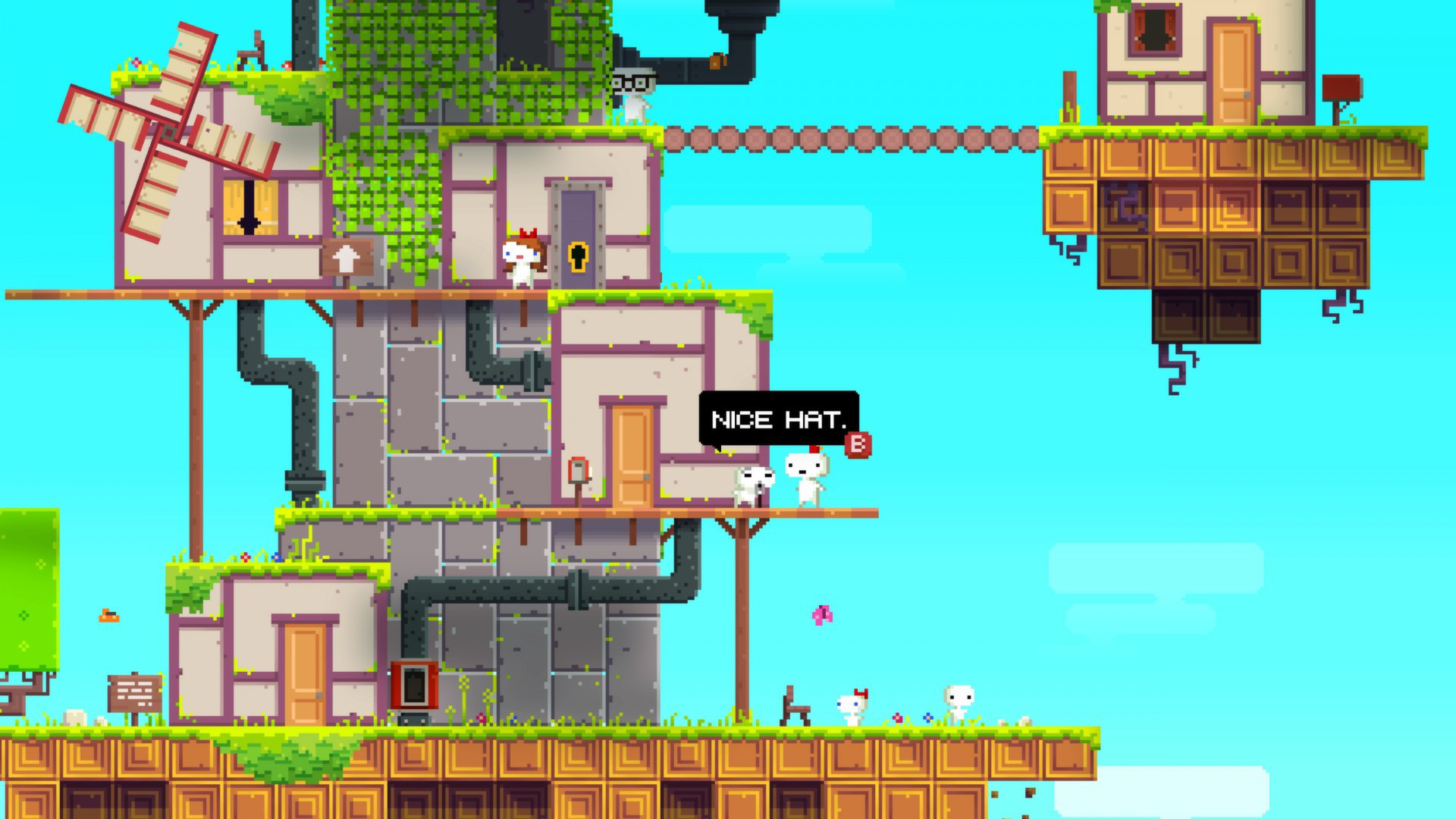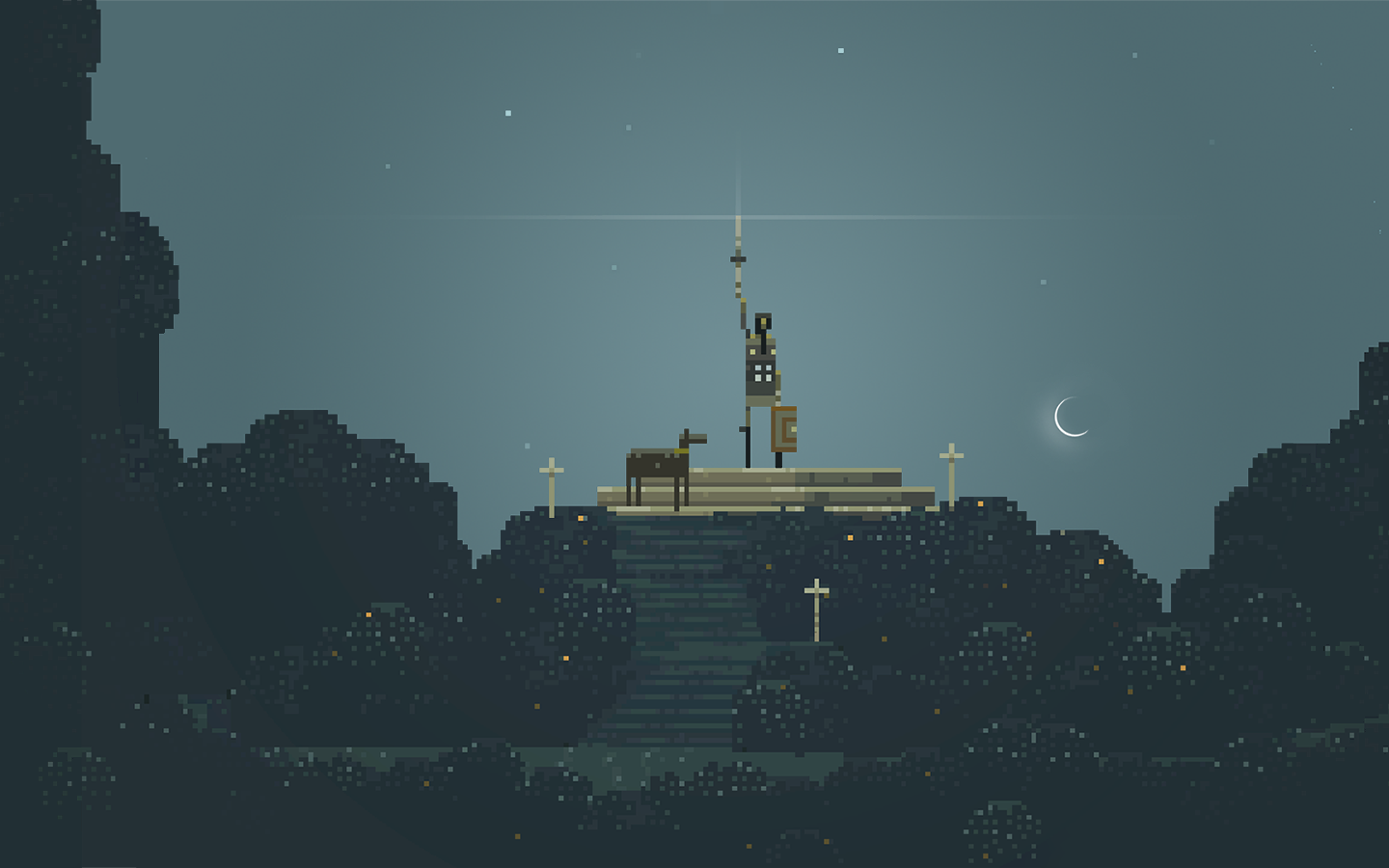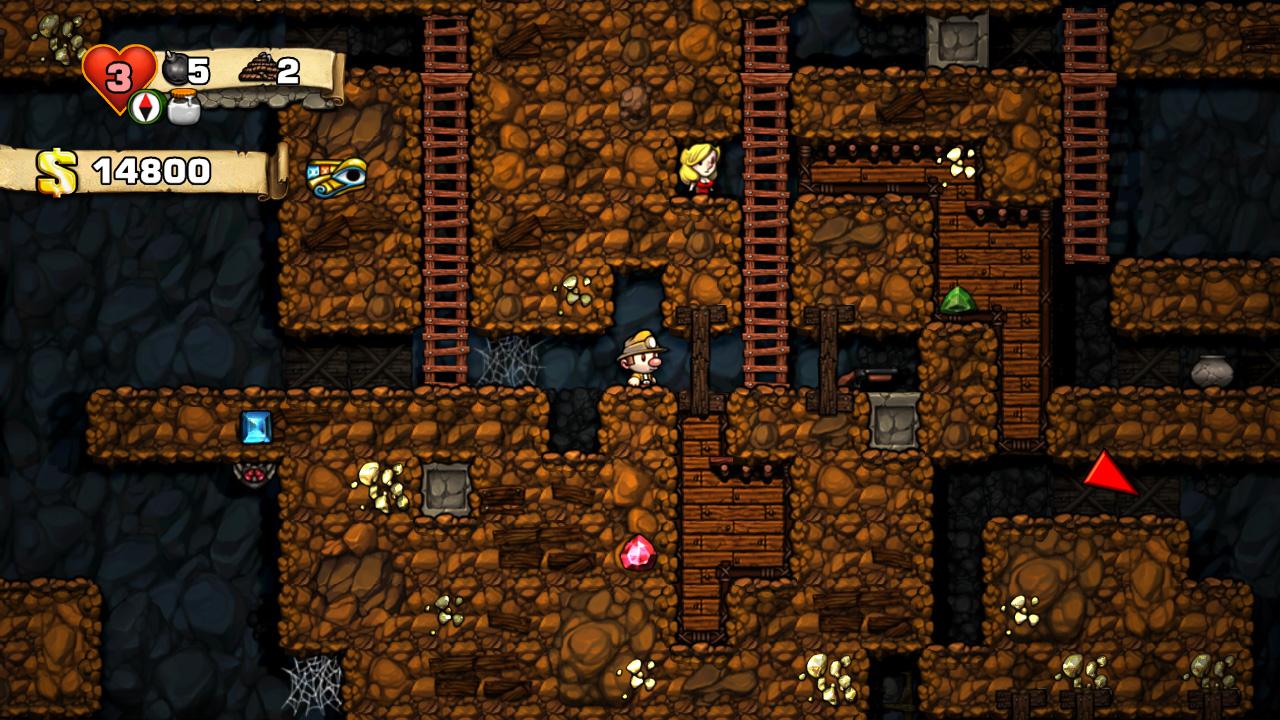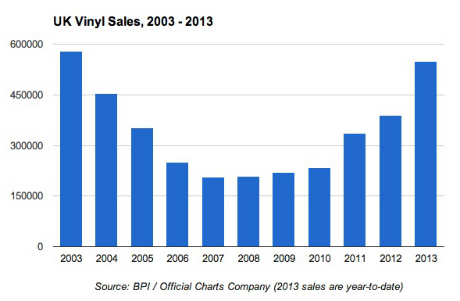The internet and digital technology touch upon so many aspects of our lives across the world but so few of us have even a basic understanding of how things work.
Over the last 20 or so years ICT in the England had become nothing more than learning propriety Office packages, this undermined the potential that had been created by the 1980's micro computer boom (an interesting read is the 'Legacy of the BBC Micro Report').
In 2011, Ian Livingstone (OBE, CBE , co-founder of Games Workshop, co-author of the Fighting Fantasy series of books, Life President of Eidos and all-round general polymath) co-authored a review of the UK computer games industry called the 'Next Gen Report.' Livingstone called it a "complete bottom up review of the whole education system relating to games". He identified that much of the systemic issues affecting the industry were down to the uninspiring teaching of computer science in schools and universities.The report proved influential and education secretary Michael Gove confirmed that proper computer science teaching would return to the curriculum;
"Instead of children bored out of their minds being taught how to use Word and Excel by bored teachers, we could have 11-year-olds able to write simple 2D computer animations using an MIT tool called Scratch," he said. "By 16, they could have an understanding of formal logic previously covered only in university courses and be writing their own apps for smartphones."
Gove implied that this will give pupils a better grounding in the fundamentals of computing, rather than simply teaching them how to use everyday applications. With the arrival of the Raspberry Pi, Ouya and other cheap hackable computing alternatives, the next generation of children have more opportunity than ever to learn the skills to become the next coding entrepreneurs.
This is all great news but there are a lot of issues; the curriculum has been hard fought over and there is the fact that teachers will need support if they are going to make the best use of the new found freedom. To ask teachers to create an exciting and stimulating computing curriculum requires a lot of knowledge and unfortunately there is a skills shortage across Britain.
This is where organisations like 'Decoded' come in. The aim of Decoded is to go beyond changing mindsets and actually teach non-developers how to code. Decoded offer a variety of courses but one of the most popular is 'CodeED in one-day' course;
a one-day course and online platform that inspires and empowers teachers with the knowledge and confidence to teach their students to code.and confidence to teach their students to code.
I went along to the CodeEd training day along with Simon (an ICT Coordinator and Specialist), excited at the prospect of building a multi-platform location-based app in HTML5, CSS, and JavaScript. I have never learned coding in any academic setting, I am self-taught and anything I have learned has been through trial and error and self-teaching through books and online tutorials. I was very confident in using Scratch, Kodu and even some rudimentary Ruby language (through work I had done with RPG Maker in Cambodia) but had never actually understood a real coding language.


























































































































